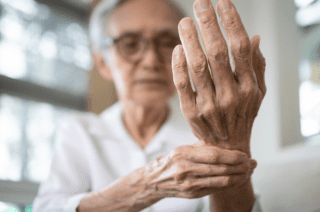6 Essential Christmas Tips For Elderly Loved Ones With Health Challenges
As Christmas approaches, elderly individuals with health issues can enjoy the season safely by planning rest periods, following dietary guidelines, staying active, monitoring medication, combating loneliness, and adapting traditions. These practical tips ensure meaningful celebrations while prioritizing health, allowing for cherished moments during the festive season.









